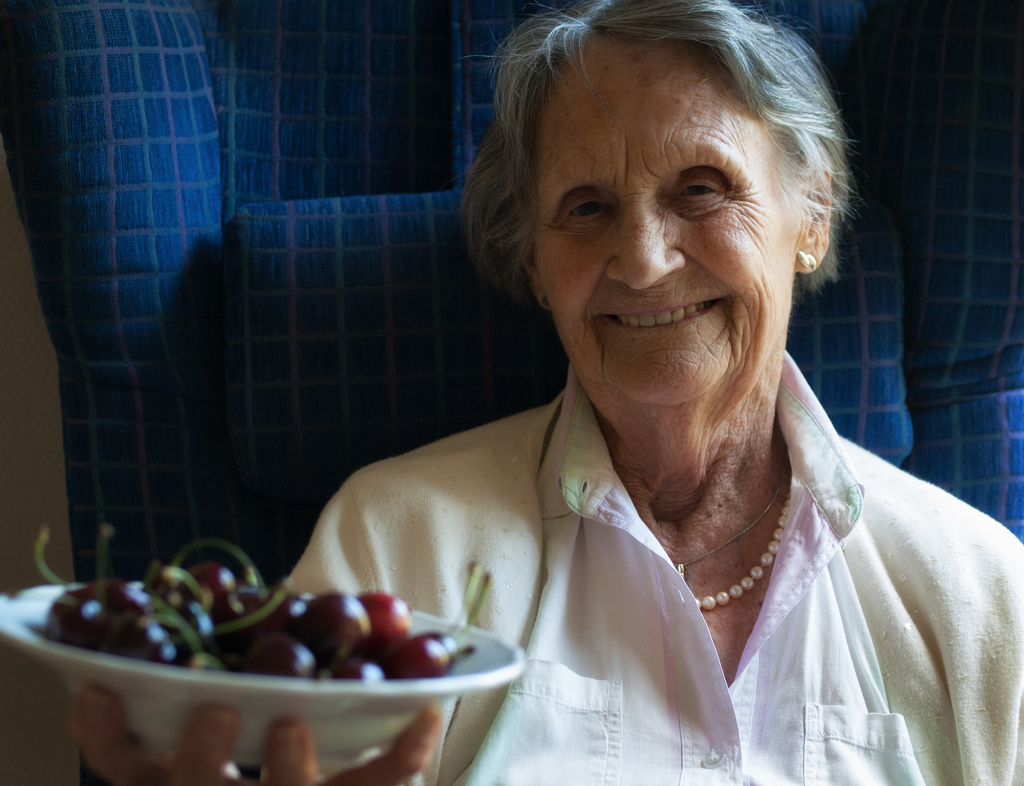Where The Needs Of Others Come First · Available 24x7 For Emergencies

Seniors with Parkinson’s Disease are Also Likely to Suffer from Depression
Often, a high-profile event like the unexpected death of a celebrity brings an issue into the public spotlight that some of us deal with every day. The recent tragic suicide of Robin Williams has led to countless news stories detailing the fact that he was facing a battle with Parkinson’s disease—a very difficult battle that about one million U.S. citizens are currently fighting. The other apparent factor in Williams’ death, depression, has a strong correlation with Parkinson’s disease that is important for family members of seniors to be aware of.
Causality and Correlation
The National Parkinson Foundation reports that well over half of those with Parkinson’s disease also struggle with depression. Certainly the news that life will become much more difficult, possibly necessitating constant personal care, could be a factor in the development of depression. Research bears this out, showing a rate of depression among newly diagnosed Parkinson’s patients that is twice as high as that of the general population. However, there may be a more direct connection than that. A deficiency in dopamine, the brain’s “satisfaction” or “reward” chemical, is at the center of Parkinson’s disease. Absence of dopamine is also a prominent factor in depression, so in many cases the two illnesses could be caused by the same deficiency.
Confronting Two Problems at Once
As overwhelming as a Parkinson’s disease diagnosis for an elderly loved one is, the addition of depression severely compounds the potential difficulties. Even in the early stages of the disease, when a senior is still able to maintain good motor skills and accomplish daily living tasks relatively easily, frequent companionship and contact with loved ones is essential. Seek your family doctor’s advice about identifying the warning signs of depression and responding to them appropriately.
If your elderly loved one is one of the 61 percent of Parkinson’s disease patients who is already diagnosed with depression, it is clearly important to surround him with love, assistance, and activities that help him focus his attention on beneficial subjects. When the time has come that you are uncomfortable leaving your loved one alone for any length of time, professional home care is always available with flexible hours and compassionate, understanding service.
Prescriptions and Other Needs
Correct prescription dosage is one of the most vital considerations for keeping your elderly loved one with Parkinson’s disease as safe and healthy as possible. A capable family member or caregiver should always be present to confirm that a senior is getting the right medications, in the right amounts, at the right time. A trip to the emergency room due to a prescription mistake is the last complication that a senior struggling with multiple serious illnesses needs.
[get-post tag=”about_us”]
Photo by Anne Worner 
